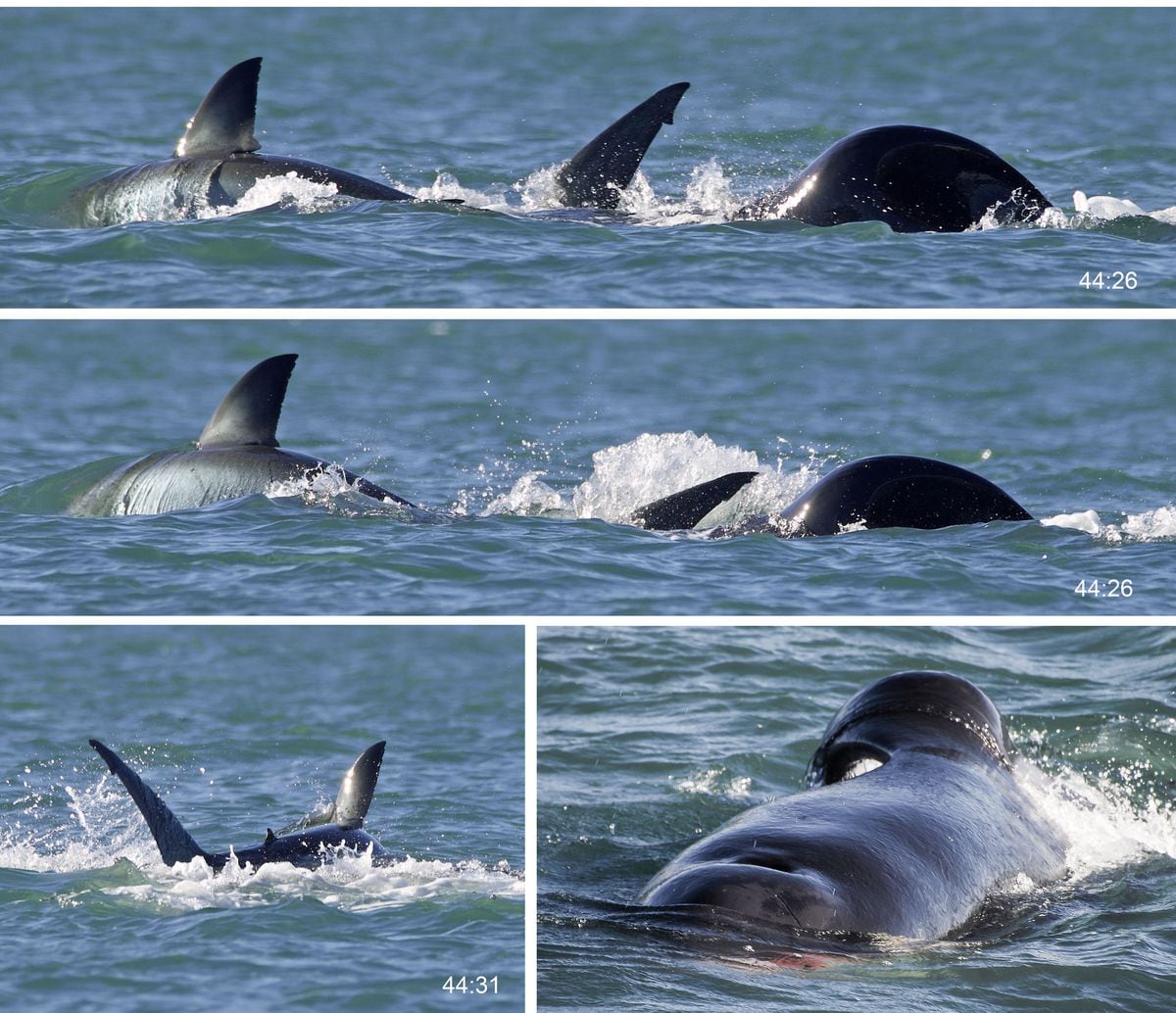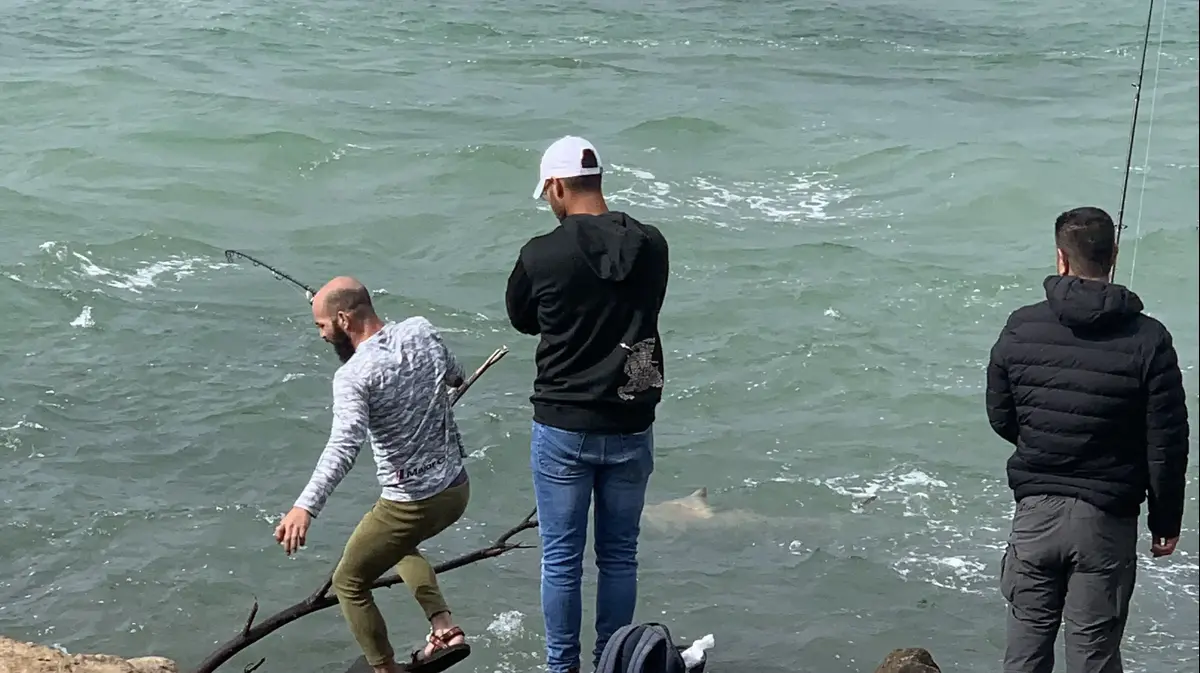Oxygen depletion of the seas is becoming a growing threat to fish stocks. This emerges from a new report presented by the World Conservation Union (IUCN) at the World Climate Change Conference in Madrid. Affected are about 700 marine regions around the world - in the 1960s it was 45. "This may be the last alarm that we get from the uncontrolled experiment that has triggered humanity in the world's oceans," said Dan Laffoley, one of the report's editors.
The declining oxygen content, according to the report, has mainly two reasons. On the one hand the global warming: If the seawater heats up, it contains less oxygen (read more about it here).
On the other hand, contamination of the waters with nutrients, for example from fish farms or agricultural fertilizers, leads to strong algae growth - especially in coastal regions. Algae consume oxygen during their degradation.
The Baltic Sea is also affected by the oxygen decline
Scientists have been watching the changes that climate change is causing in the oceans for some time now with great concern. Already in 2017, researchers had warned in a report in the journal "Nature" from the oxygen decline and its effects on the marine fauna.
The new report confirms the findings. It is the most comprehensive investigation to date of the ozone depletion. 67 researchers from 51 institutes in 17 countries were involved. They urgently warn against the consequences of man-made changes in marine ecosystems.
According to the investigation, the Baltic Sea and the Black Sea are also affected by the oxygen decline. While there are partly natural reasons in the Black Sea, fertilizer and ground heating are the main culprits in the Baltic Sea.
Lack of oxygen makes life especially difficult for larger fish such as sharks and tuna. They would need a lot of oxygen because of their size and their energy requirements. The shortage forces her to go to higher elevations with more oxygen - which, in turn, puts her at risk of getting into a fishing net.











